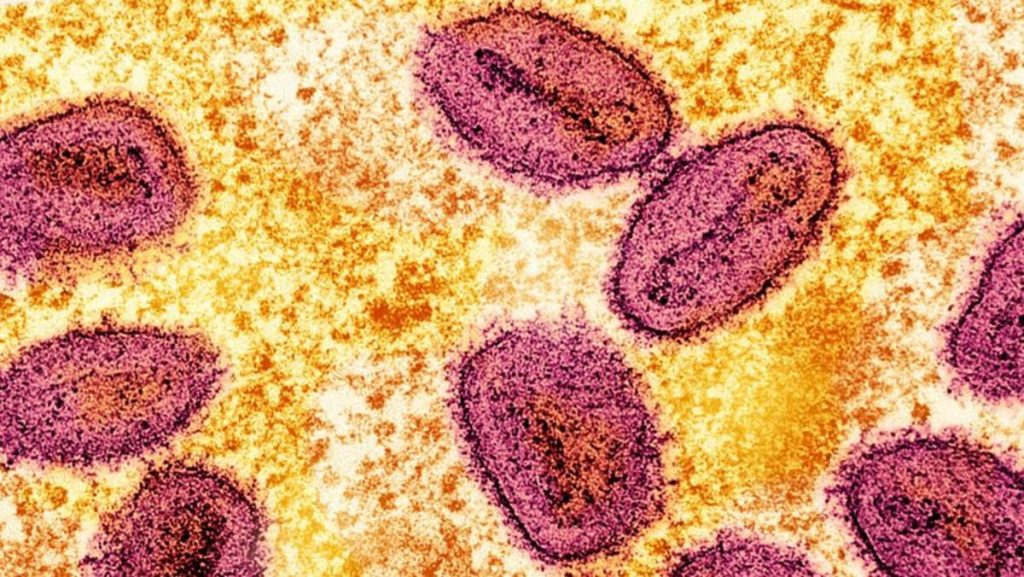The Philippines has confirmed two more cases of the milder clade 2 variant of the monkeypox virus, bringing the total number of active cases in the country to three. Health Minister Teodoro Herbosa stated that there is local transmission of the virus, particularly in Metro Manila. The newly confirmed cases include a 37-year-old male and a 32-year-old male, both showing symptoms such as rashes and skin lesions.
Last week, the Philippines announced the detection of the milder variant of the monkeypox virus in a 33-year-old male with no history of travel outside the country. With a total of three cases confirmed this year and 12 since July 2022, the country is facing a growing concern over the spread of the virus. The World Health Organization has declared monkeypox a global public health emergency for the second time in two years due to an outbreak in the Democratic Republic of Congo that has spread to neighboring countries.
The new variant of the monkeypox virus has raised global concern as it appears to spread easily through routine close contact. The disease, which is caused by the monkeypox virus, typically presents with flu-like symptoms and pus-filled lesions. While it is generally mild, it can be fatal, especially for children, pregnant women, and individuals with weakened immune systems such as those with HIV. As such, it is crucial for health authorities to monitor and contain the spread of the virus to prevent further outbreaks and protect vulnerable populations.
The health ministry in the Philippines is working to identify and isolate individuals who may have come into contact with the virus to prevent further transmission. Health officials are also urging the public to practice good hygiene, such as frequent handwashing and avoiding close contact with individuals showing symptoms of the virus. Additionally, healthcare facilities are being advised to implement strict infection control measures to minimize the risk of the virus spreading within the healthcare setting.
As cases of the monkeypox virus continue to emerge in the Philippines and other countries, it is important for health authorities to collaborate with international organizations such as the World Health Organization to share information and resources for monitoring and responding to the outbreak. Public awareness campaigns and educational initiatives can help raise awareness about the virus and preventative measures that individuals can take to protect themselves and their communities from infection. By working together, countries can better control and contain the spread of the monkeypox virus and mitigate the impact on public health.















